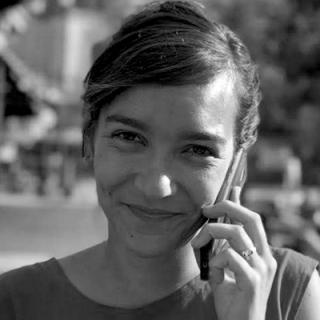
Only electric cars for Europe, starting in 2035
The European Union will declare the fight against climate change a priority.
The European Union is clear: the fight against climate change is a priority. After years of the international community committing itself time and again to the environment, the Old Continent is the first to define the policies with which to make the objective of political neutrality a reality.
The most forceful measure is the one that affects the motor industry.
In 2035, vehicles that emit carbon dioxide will no longer be sold. That is, no gasoline, no diesel, no gas. Not even hybrids. Only electric cars. European industry has prepared this ruling for years, and companies like Volkswagen have already taken the lead with announcements, such as the opening of a battery factory for their electric vehicles in Spain.
This does not mean that only electric cars will be able to circulate from 2035. Combustion vehicles will be able to be used, bought and sold on the second-hand market. The EU is committed to revolutionizing refueling infrastructures with electric recharging stations every 60 kilometres — about 40 miles — on main roads.
In addition to the facilities for electric cars, the EU wants to make it difficult for fuel use via taxation. Taxes on gasoline or diesel will be 10% higher than the rates on electric refueling. With this, the hopes are that the second-hand market will be renewed and by 2050, all passenger cars will be non-polluting.
RELATED CONTENT
The plan, called Fit for 55, also includes other measures.
Renewable energies will need to be 40% of the market share in 2030 to comply with the Paris Agreement. To do this, a social fund of €72,000 million —$85 billion — will be created to alleviate the rising cost of carbon dioxide emissions that can affect millions of homes. The aim is to avoid the outbreak of protests such as that of the yellow vests in France because the EU admits the change will involve great efforts by industry and the population in their ways of consuming.
Transportation and housing must create their own markets for CO2 emissions to set prices that contribute to reducing pollution. The price per ton of CO2 is now €50. The EU hopes that companies pass these costs on to consumers, but it also wants to become the global benchmark in the fight for the climate.
However, the continent cannot wage war just because it is responsible for only 9% of pollutant emissions. The good news is that it is a market of 450 million consumers with high purchasing power compared to the world average.
In addition, Brussels wants to progressively introduce a climate tariff that penalizes imports from those countries where the fight against climate change is not a priority.
If the current panorama continues, China, Russia, Turkey or the United Kingdom would be the main affected places. The measure would come into effect from 2026 and would initially affect only steel, cement, aluminium, fertilizers or electricity. The EU thus shows the world that there is no going back and hopes that the rest of the world's economies will adapt to change.











LEAVE A COMMENT:
Join the discussion! Leave a comment.